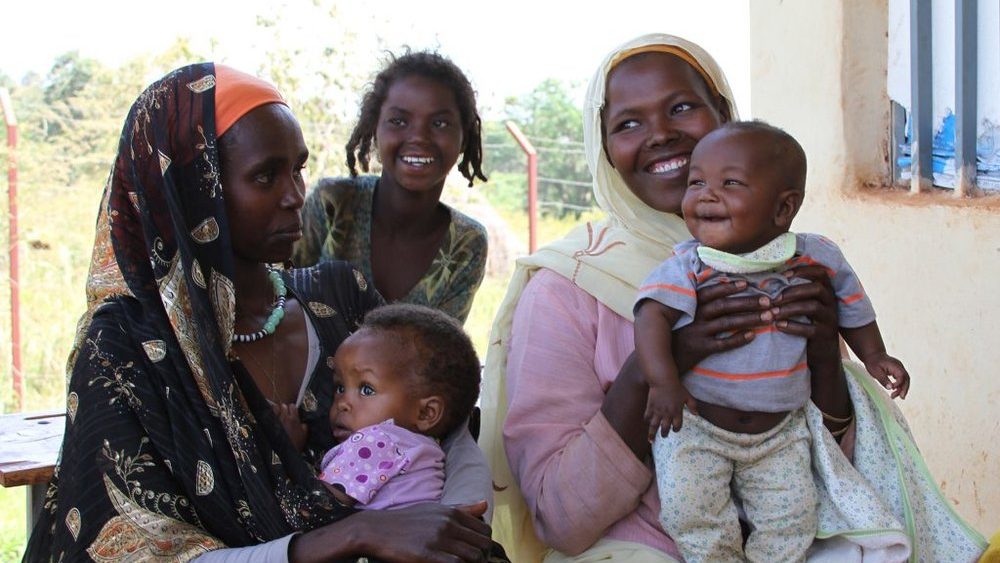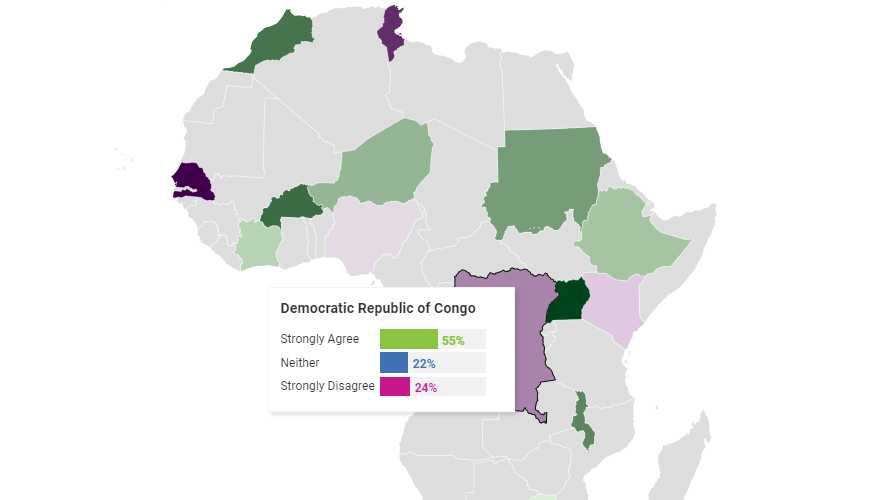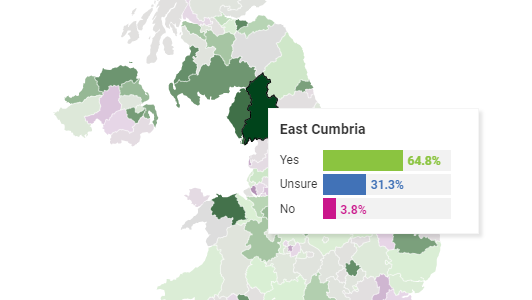Vaccination policies have shifted dramatically during COVID-19. While these policies have prompted ethical, scientific, practical, legal and political debate, there has been limited evaluation of their potential unintended consequences. Here, we outline a comprehensive set of hypotheses for why these policies may ultimately be counterproductive and harmful.
Read on BMJ Global HealthRelated content

This project and accompanying evaluation particularly focused on Benishangul Gumuz Regional State (BGRS) where the coverage for penta 3 vaccination was 41.7% in 2011.

Overview Throughout the COVID-19 pandemic, the Vaccine Confidence Project teamed up with YouTube and other health partners to reach people with credible information…

The aim of this study was to investigate public knowledge and perceptions of both the COVID-19 pandemic itself and COVID-19 vaccine acceptance among adults (aged…

Project AViD took a critical anthropological approach to exploring what actions can be taken to optimise vaccine acceptance during a disease outbreak.

In this study, we predict uptake of the COVID-19 vaccine at unprecedented spatial resolution across the UK.

Overview The Vaccine Confidence Project at the London School of Hygiene & Tropical Medicine, in partnership with Premise, developed ASSURE – Assessing Signals and Supporting Resilience.